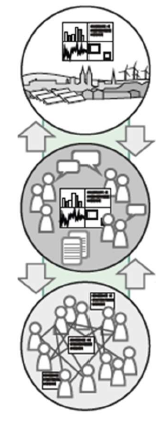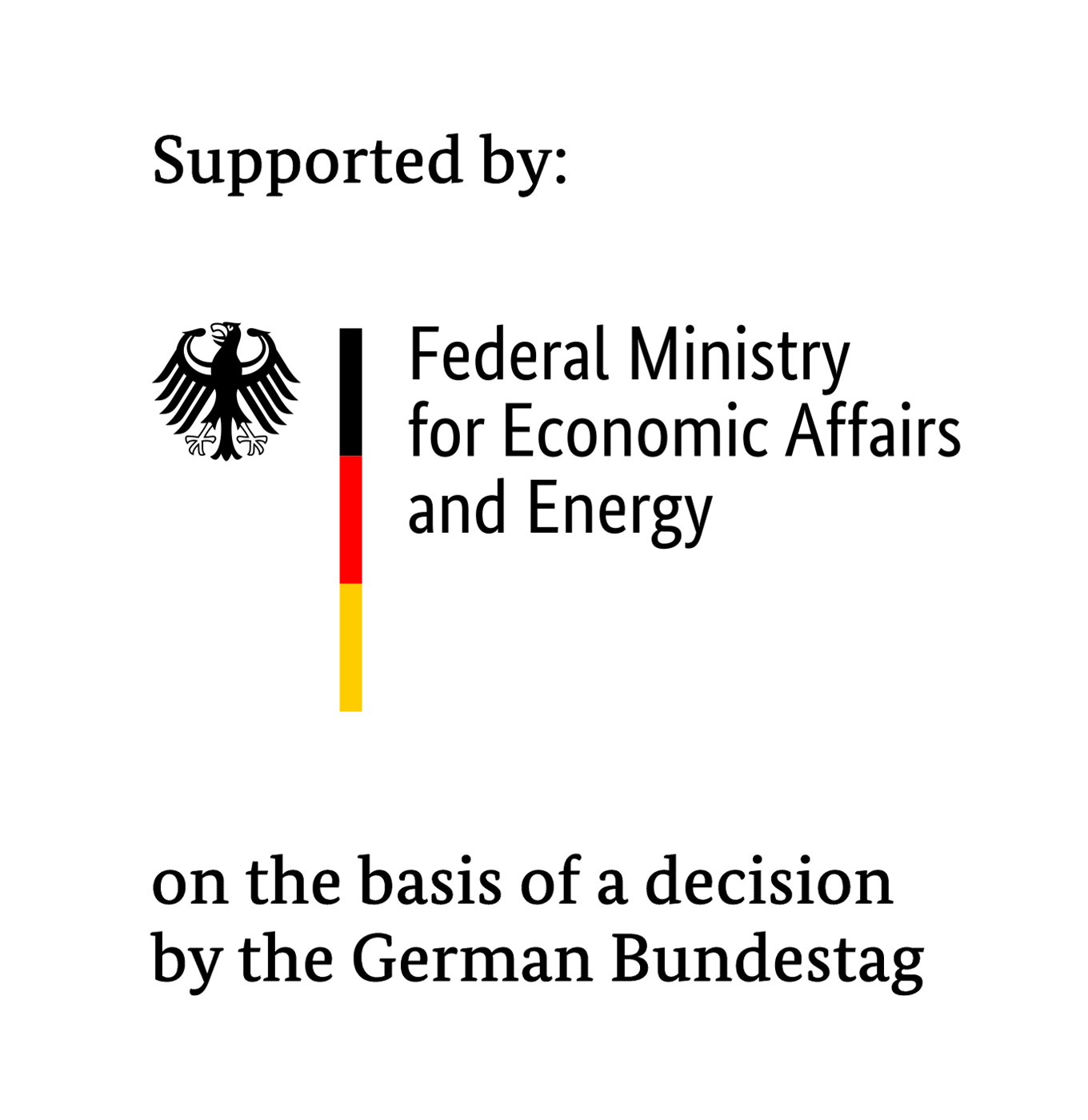Extensive and accelerated electrification of heat supply in buildings is recognized as an urgently needed response to the current gas crisis. Against the background of Germany's climate goals in the building sector, technically detailed, cost-optimal energy system designs for urban or regional heating transitions are determined with the help of high-resolution energy system models. However, the installation rates of renewable decentralized heat generators (such as heat pumps) determined by these analyzes require collective and targeted investments from different groups of actors, such as infrastructure planners, private building owners or installation companies. The driving and inhibiting factors of the diffusion dynamics within the groups of actors are currently hardly reflected in the techno-economic models.
This requires, on the one hand, social scientific analyzes of the networks involved institutional and economic actors and, on the other hand, psychological surveys necessary.
Agent-based simulation models can add value to such empirical results by realistically depicting the actors, their interactions, their acceptance and the resulting complex dynamics. In particular, the coupling of agent-based simulation with system optimization enables qualitative impact assessments of accompanying and incentive measures and can thus make important contributions to overcoming the obstacles.

